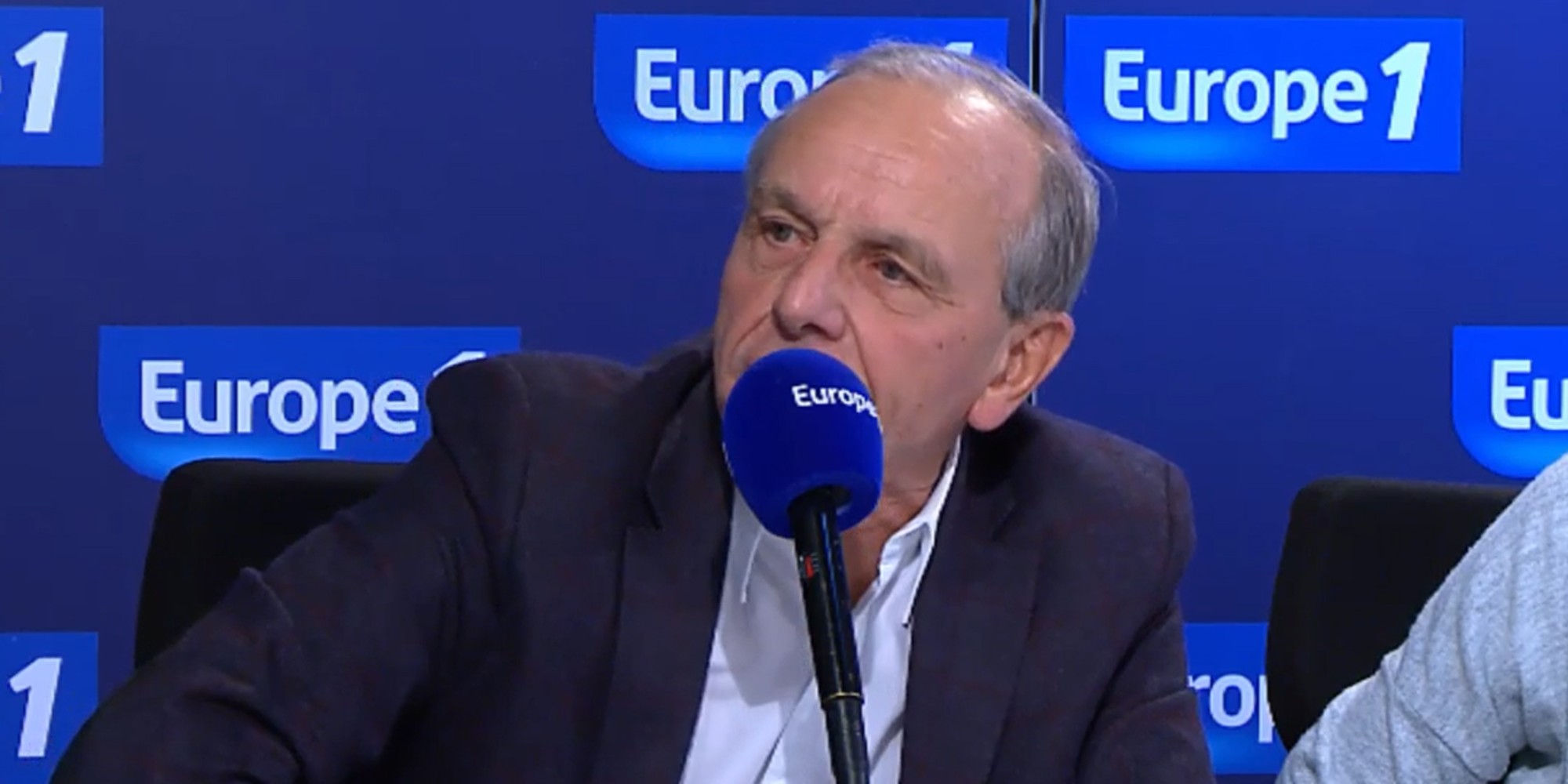INTERVIEW
"People with weak immune systems, whose role is to fight infections, are more sensitive to covid-19," insists Axel Kahn. Guest of Patrick Cohen, on Europe 1, the president of the League against cancer is formal: in addition to being fragile, patients suffering from cancer and who undergo treatments are even more vulnerable to coronavirus. Some cancer treatments weaken the immune system, he says, saying "these people should be considered at risk".
>> LIVE - Coronavirus: follow the developments on Sunday
A risk that they will stop their treatments
The Cancer League has launched an alert: "it is absolutely necessary to continue cancer treatments". Axel Kahn fears that with the fear of the coronavirus, cancer patients stop going to chemotherapy or taking their drugs. "Cancer is a more serious disease than covid-19" recalls the scientist, "everything must therefore be done so that they can continue their treatment, while minimizing the risks of secondary infection with the coronavirus". Caregivers should therefore take all precautions.
In addition to physical frailty, most patients also suffer from moral frailty due to loneliness. As is currently the case in a pandemic, patients must be isolated and have no contact with outside people. This psychological fragility is therefore accentuated when the social environment disappears because visits from relatives are prohibited or strongly discouraged. But this is not "a new phenomenon it is an aggravation" according to Axel Kahn, "most are used to certain types of treatment which isolate".
>> READ ALSO: The coronavirus will "probably" affect half of the French, according to Jean-Michel Blanquer
The risk of lack of generosity
The last risk that Axel Kahn wishes to address is that of stopping donations. The League against cancer operates mainly on public generosity. "But with the concern, the generous donors will not think of being generous at the moment" worries the president of the association. "There can be a triple penalty: on the one hand they have cancer, on the other hand they are fragile, and thirdly, the help that we can mobilize to help them is likely to decrease considerably." "Think of those who are even more threatened than you, think of the generosity, they need it" concludes Axel Kahn.

